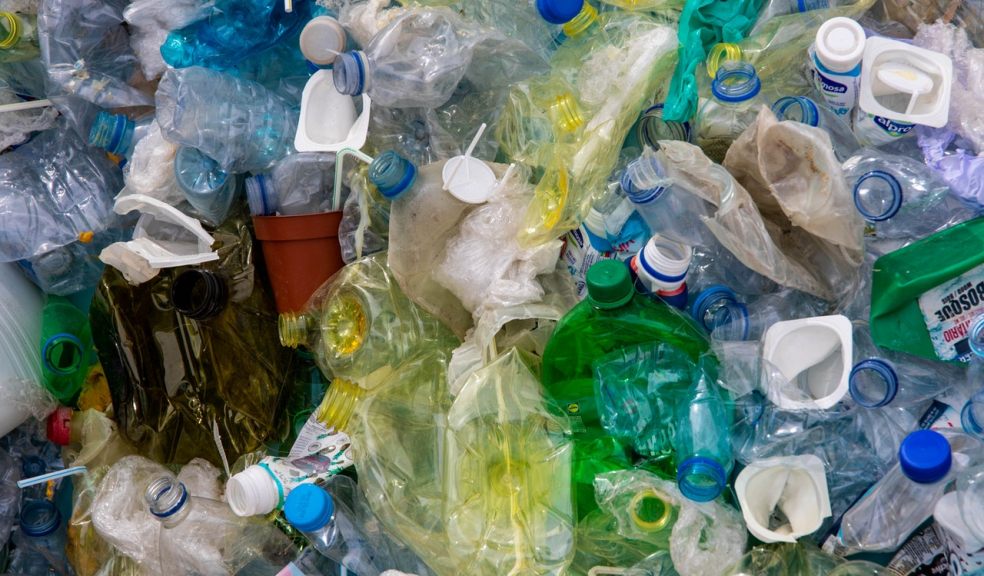
Tool developed to calculate our household ‘plastics footprint’
How much plastic do we really use, and can we live without it?
These are among the questions addressed by a tool that calculates the scale and extent of household plastic use, developed by the University of Exeter Business School’s plastics research hub.
The Exeter Multidisciplinary Plastics Research Hub (ExeMPLaR) estimated how much ‘invisible plastic’ is in our homes, as well as the amount of plastic materials coming in as products and leaving homes as waste each year.
Using a combination of national statistics and surveys, industry reports, academic research and proprietary information, they were then able to calculate our household direct plastic footprint.
They found that in 2018 a UK resident had 473kg of plastic in their home on average. Per household the figure was 1,136 kg, the equivalent weight of a small car.
The plastics were mostly found in white goods, vehicles, textiles and building products such as windows.
Plastic waste per person was estimated at 70kg, with packaging from items such as soft drinks and dairy products accounting for around a third.
The researchers also calculated recycling rates when all plastic waste in everything, including buildings, vehicles, electronics and textiles, is considered – for the South West this was estimated at 4 per cent.
“A good, quantitative understanding of household stocks and the flows of plastics in and out of the home is the basis to designing a better, future circular economy for plastics,” said Dr Xiaoyu Yan.
“Public concerns and calls for action have often advocated plastic-free futures or avoidance and reduction in items such as plastic bags. But while these are hugely important they can disguise many other sources and uses of plastics that pervade everyday life, such as household white goods, vehicles, textiles and building products such as windows.
“Our recycling figures look striking because most of the focus is on packaging as far as plastics are concerned. But our estimates include all plastic waste in everything, such as buildings, vehicle, electronics and textiles. People tend not to realise there are actually a lot of plastics in these other things too!”
Professor Peter Hopkinson, Co-Director of the Exeter Centre for Circular Economy, said: “Plastic consumption in the UK is forecast to increase 50% by 2030. Reducing our plastic consumption will require major investments, networks for change involving all stakeholders and transformation in future system design.
“EXeMPLaR has shown what this might look like for the South West Region.”
The research was presented at the Creative Circular Economy Approaches to Eliminate Plastics Waste Conference on 8-9 June by the ExeMPLaR plastics research hub, which is funded by UKRI’s Plastics Research and Innovation Fund (PRIF) via the Engineering and Physical Sciences Research Council (EPSRC).
Part of the Exeter Centre for Circular Economy, a research centre at the University of Exeter Business School, ExeMPLaR works with public bodies and industry to find practical solutions to some of the current issues surrounding plastic use and pollution.




















